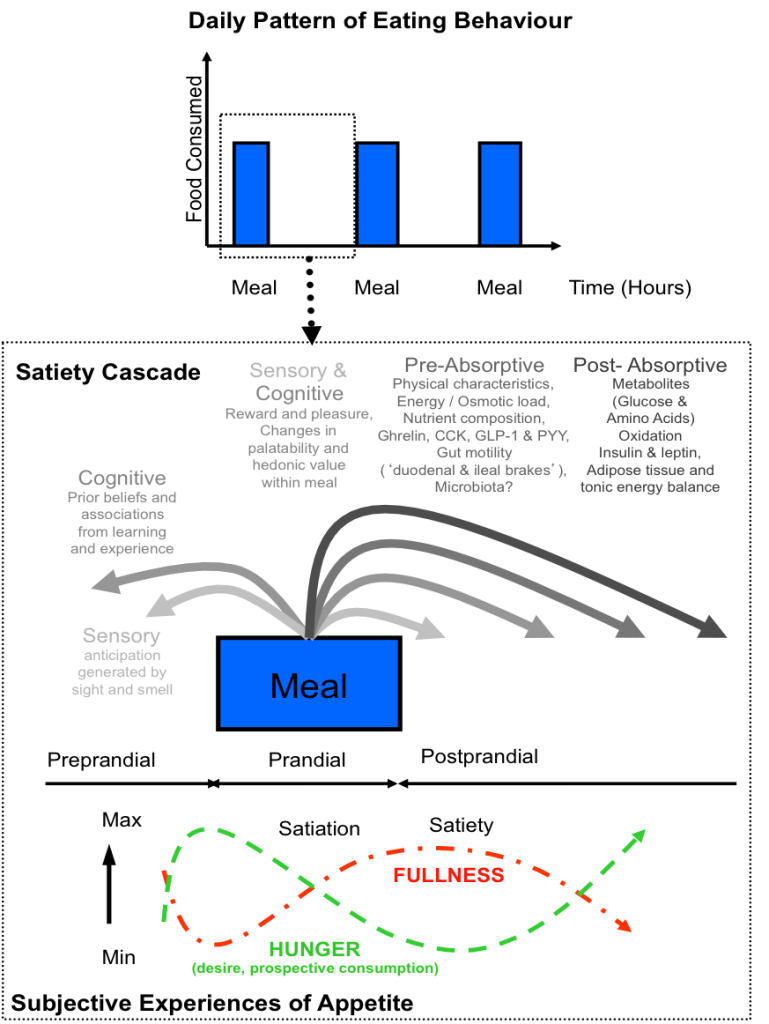
GLP-1 Medication: A Transformative Force in Grocery Choices and Eating Habits
Introduction
Glucagon-like peptide-1 (GLP-1) is a hormone that plays a crucial role in regulating appetite, glucose metabolism, and gastrointestinal function. In recent years, GLP-1 agonists have emerged as a promising treatment option for type 2 diabetes and obesity. Growing evidence suggests that GLP-1 medication can have a profound impact on grocery choices and eating behavior, offering new insights into the complex relationship between food and weight management.
How GLP-1 Medication Alters Grocery Choices
GLP-1 agonists work by mimicking the effects of natural GLP-1, which is released after meals to stimulate insulin secretion, slow gastric emptying, and reduce appetite. This combination of effects leads to several changes in grocery choices:
- Increased Preference for Satiating Foods: GLP-1 medication enhances the sensation of fullness after eating, leading individuals to favor foods that provide sustained satiety. These foods include lean protein, non-starchy vegetables, and whole grains.
- Reduced Cravings for Unhealthy Options: GLP-1 agonists suppress the desire for sugary drinks, fatty foods, and highly processed snacks. This effect is likely due to the reduced appetite and increased satiety induced by GLP-1.
- Improved Impulse Control: GLP-1 medication has been shown to enhance impulse control and reduce impulsive eating. This is particularly beneficial in environments where tempting food options are readily available.
- Reduced Meal Frequency: GLP-1 agonists promote a feeling of satiety that lasts throughout the day, leading to a decrease in the number of meals consumed.
- Increased Water Consumption: GLP-1 medication may increase the sensation of thirst, encouraging individuals to drink more water. This can contribute to overall calorie reduction and improved hydration.
- Slower Eating Rate: GLP-1 slows gastric emptying, which prolongs the feeling of fullness and reduces the speed at which food is consumed.
- Cost and Accessibility: GLP-1 agonists are relatively expensive medications, and their long-term use may not be financially feasible for all individuals.
- Side Effects: GLP-1 medication can cause side effects such as nausea, vomiting, and diarrhea. These effects may subside over time, but they can be a concern, especially at the beginning of treatment.
- Overreliance and Potential for Misuse: Some critics argue that GLP-1 medication may lead to overreliance on medication rather than addressing underlying behavioral issues related to food and weight management.
Impact on Eating Habits
In addition to influencing grocery choices, GLP-1 medication can also modify eating habits:
Clinical Evidence and Real-Life Examples
Numerous clinical studies have demonstrated the effectiveness of GLP-1 medication in transforming grocery choices and eating behavior. For instance, a study published in Obesity found that obese individuals treated with a GLP-1 agonist experienced a significant reduction in their intake of calories from fat and sugar, as well as an increase in their consumption of fruits and vegetables.
Real-life examples further support these findings. Many patients report noticeable changes in their food preferences and habits after starting GLP-1 medication. Some individuals report losing their cravings for sweets, while others find themselves making healthier choices at the grocery store and eating more slowly.
Perspectives and Criticisms
While GLP-1 medication shows promise in improving grocery choices and eating behavior, it is important to consider different perspectives and potential criticisms:
Conclusion
GLP-1 medication has emerged as a transformative tool in the management of type 2 diabetes and obesity. By altering grocery choices and eating behavior, GLP-1 agonists can empower individuals to make healthier food decisions and improve their overall health outcomes. While cost, side effects, and potential overuse need to be considered, the positive impact of GLP-1 medication on grocery choices and eating habits is undeniable. Further research is warranted to fully understand the long-term effects of GLP-1 medication on weight management and overall well-being.
